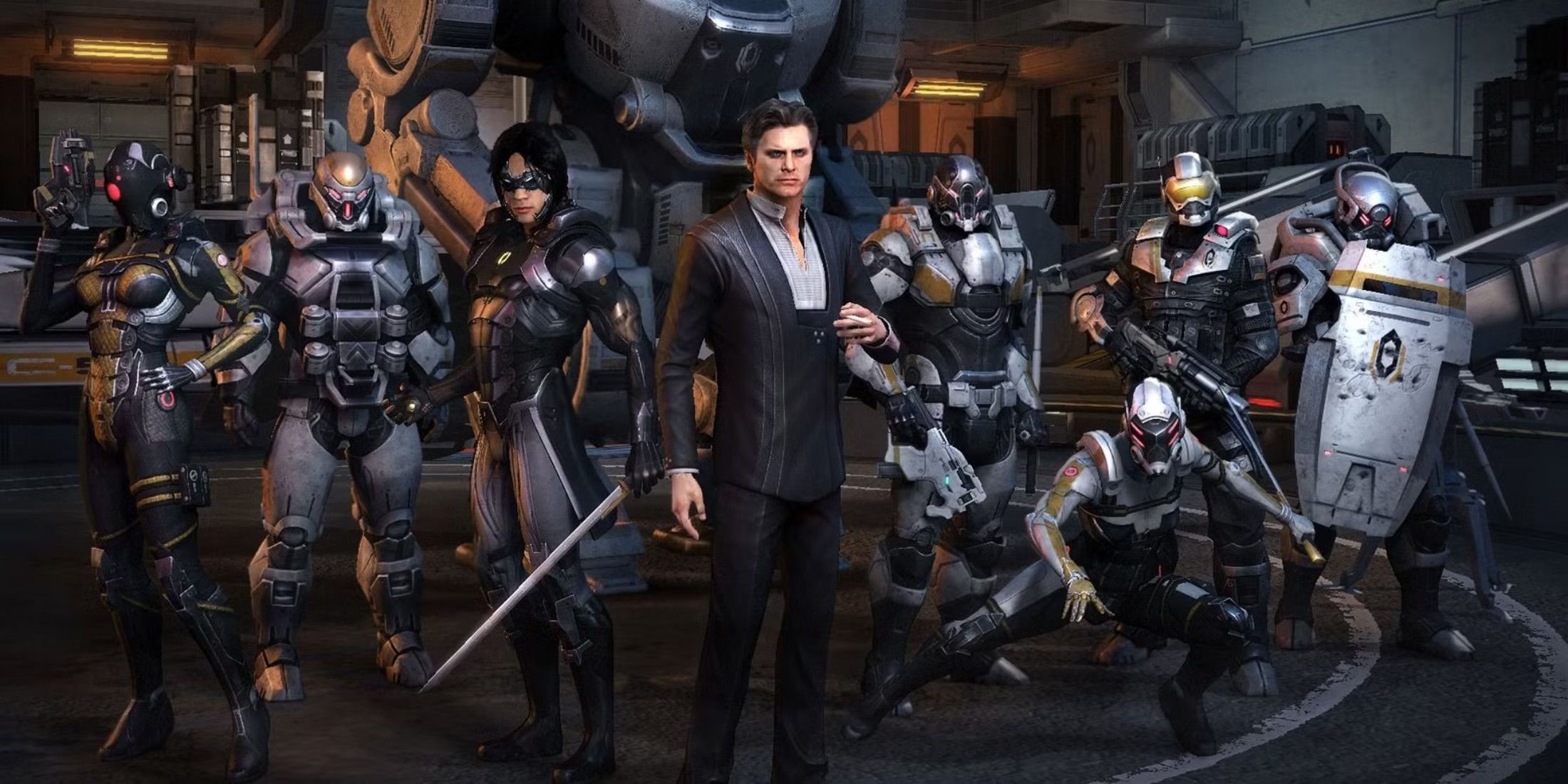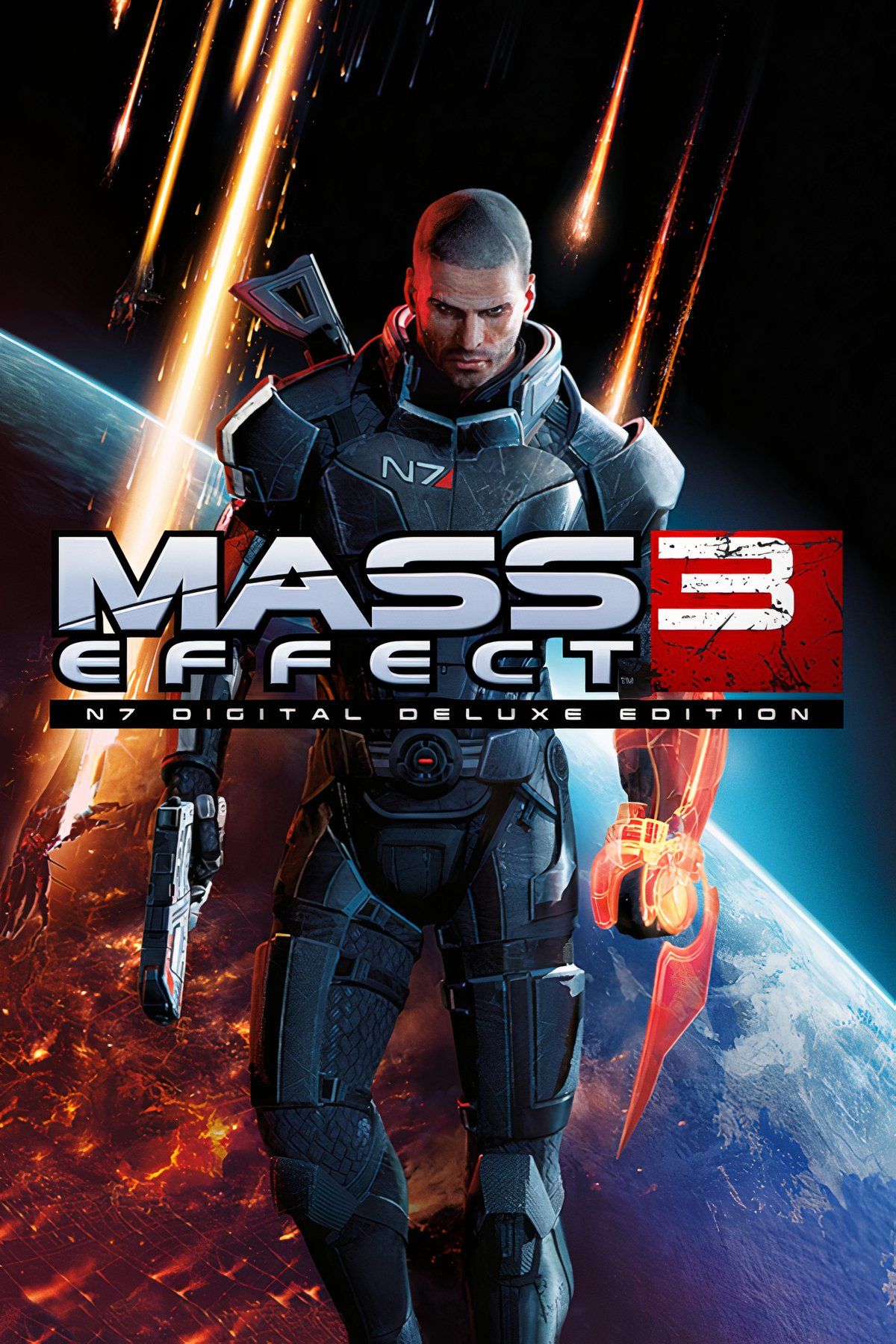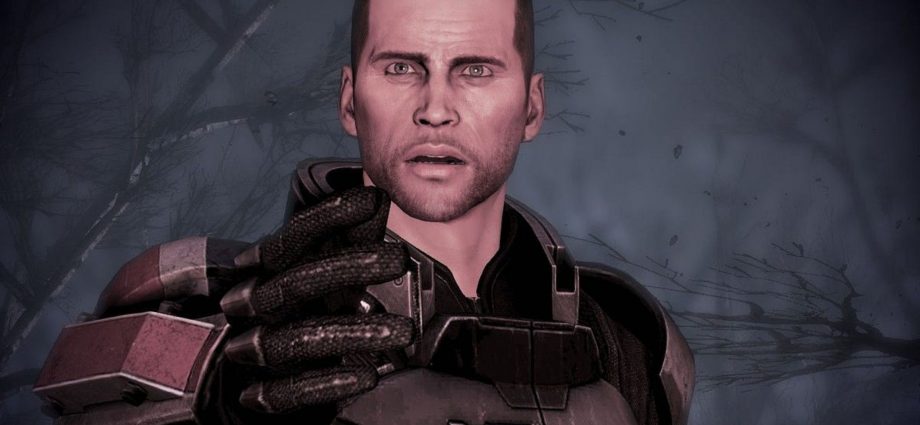The Mass Effect franchise is one of gaming’s most beloved, and for good reason. With over a decade passing since the conclusion of the original Mass Effect trilogy, it’s becoming clear just how ahead of their time those games were, and how well they measure up against even the most impressive modern-day, AAA games.
Interest in Mass Effect, which waned after the poorly received Mass Effect Andromeda, was reinvigorated a few years ago thanks to the Mass Effect Legendary Edition, which includes remastered versions of each game in the original trilogy, complete with all their original DLC. This definitive and cost-effective bundle opened the floodgates for a new generation of gamers to enjoy the enrapturing journey of Commander Shepard, but for those who have yet to take the plunge into this space opera series, there are a few common pitfalls to keep in mind for an optimal experience.

Related
Mass Effect Trilogy: Why You Should Start Over in 2025
The Mass Effect franchise has had its ups and downs, but with Mass Effect 4 on the horizon, the time is right to revisit the original trilogy.
The Biggest Mistakes Mass Effect Players Can Make
Skipping Side Missions, Especially in Mass Effect 2
Side missions are commonplace in RPGs, but their importance can vary widely depending on the game. For instance, an RPG like Assassin’s Creed Shadows has a bevy of optional content to explore, but most of it is inconsequential; whether the player completes these side missions has little impact beyond the accumulation of more XP, upgrades, and the like. This is not the case in the Mass Effect trilogy, where side missions can often have long-lasting consequences, good and bad, that reverberate throughout the entire trilogy. This is especially the case in the second game, where neglecting character-specific side missions can lead to a dramatically different finale.
Putting Off Time-Sensitive Missions
In a similar vein, it’s important to be mindful of the passage of time in the first three Mass Effect games. While it’s common for video game stories to make vague mention of time limits to inject their narratives with a sense of urgency, it can be hard to know when this actually matters to the player. In the Mass Effect games, there are several narrative touchstones that can change depending on how long the player takes to embark on a specific mission, so when characters mention that time is of the essence, it’s best to believe them.
Ignoring Optimal Squad Composition
Mass Effect‘s combat isn’t terribly complex, but it does follow a consistent rock-paper-scissors scheme: certain enemies will be weak to the Overload ability, for instance, while others are especially vulnerable to Reave. Thus, having a strong understanding of party members’ powers in relation to Shepard’s own (which depend on their class and level), coupled with a strong understanding of a mission’s likely enemy types, can pay dividends on the field.
When in doubt, a party with the most diverse range of abilities is usually a safe bet.
Not Committing to Paragon or Renegade
Mass Effect‘s morality system is one of its most dated features, but it nevertheless plays a significant role in the overall gameplay and narrative experience; the virtuous Paragon player can have a remarkably different impression of the Mass Effect story than the stone-cold Renegade. Since many important dialog options can only be accessed with especially high Paragon or Renegade ratings, it’s better to stick with one ideology instead of trying to play the middle.
Trying To See Everything in One Playthrough
Replayability is the name of the game in Mass Effect. It’s a choice-based series, after all, so making every possible decision in a single run is not only suboptimal, but impossible. As such, it’s best for Mass Effect players to stand by their decisions and roll with the punches, rather than second-guessing or trying to get the “perfect” playthrough. Things might not turn out the way they expected, and they may even suffer some severe losses, but that’s what a second, third, and fourth playthrough are for.

Mass Effect 3
- Released
-
March 6, 2012
- ESRB
-
M for Mature: Blood, Partial Nudity, Sexual Content, Strong Language, Violence
- Publisher(s)
-
Electronic Arts
- Engine
-
Unreal Engine 3
- Multiplayer
-
Online Multiplayer
- Franchise
-
Mass Effect

